In today's digital age, where technology evolves at a breakneck pace, traditional marketing strategies often find themselves overshadowed by their more contemporary counterparts. However, amidst the ever-changing landscape of digital marketing, one strategy remains steadfast in its effectiveness: Email Marketing. In this blog, we'll delve into what Email Marketing entails, explore its effectiveness, and uncover how it serves as a potent tool for lead generation.
What is Email Marketing?
Email Marketing is a digital marketing strategy that involves sending commercial messages to a group of people via email. These messages could range from promotional content, newsletters, product updates, event invitations, to personalized offers. The goal is to nurture relationships with potential and existing customers, encourage customer loyalty, and drive conversions.
Unlike other marketing channels, Email Marketing offers a direct line of communication to your audience's inbox, providing a personalized and targeted approach to engagement. With the right strategy and content, Email Marketing can be a highly effective tool for businesses across various industries.
How Effective is Email Marketing?
The effectiveness of Email Marketing lies in its ability to deliver targeted messages to a receptive audience. Here are some key reasons why Email Marketing continues to thrive:
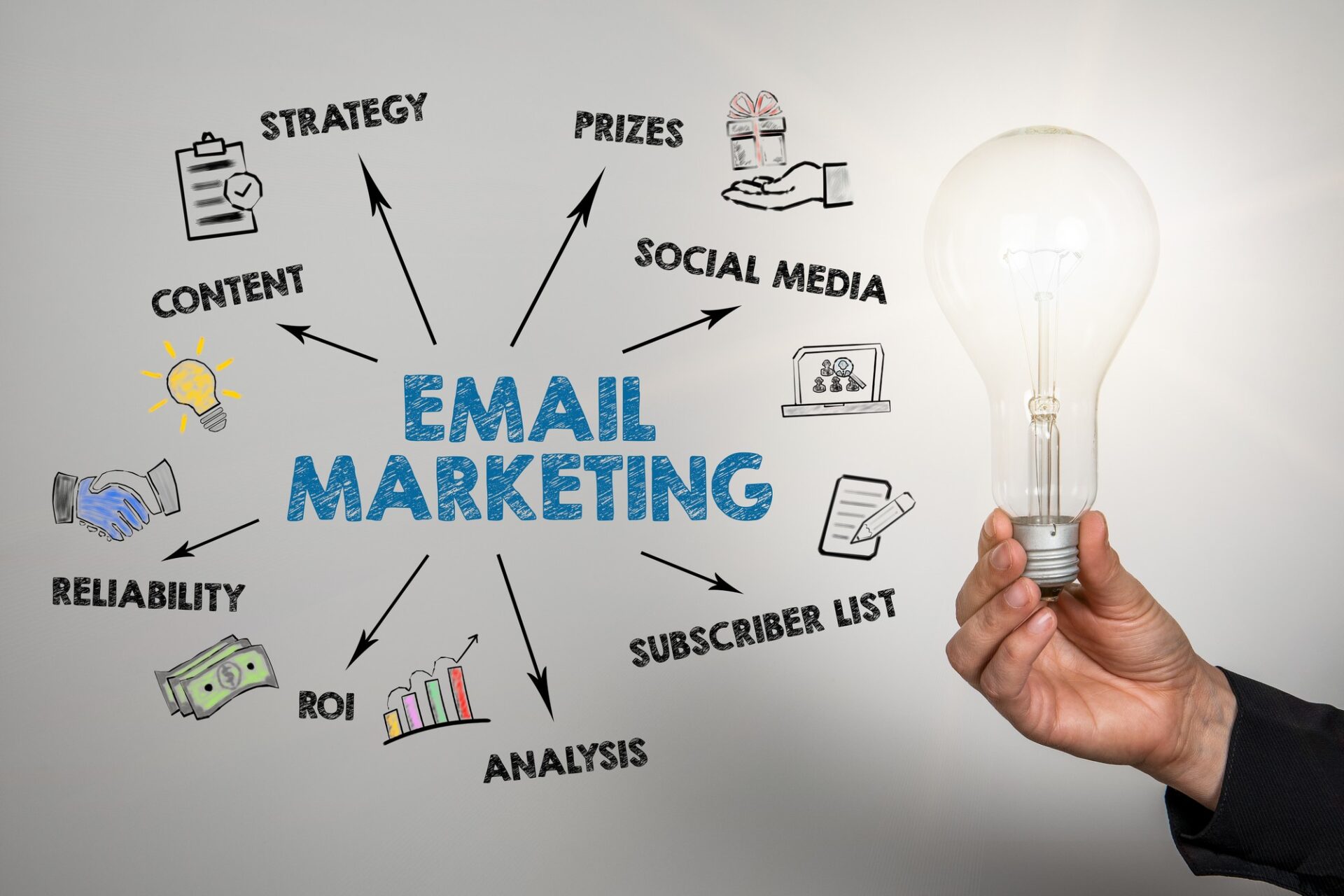
-
Cost-Effectiveness: Compared to traditional marketing channels like print or television advertising, Email Marketing is incredibly cost-effective. It eliminates printing and postage expenses, making it an ideal choice for businesses of all sizes, especially startups and small businesses.
-
High ROI: Email Marketing consistently boasts one of the highest returns on investment (ROI) among digital marketing channels. With proper segmentation, personalization, and automation, businesses can achieve impressive results with minimal investment.
-
Targeted Engagement: Through segmentation and personalization, marketers can tailor their messages to specific audience segments based on demographics, behaviors, or interests. This targeted approach increases relevance and engagement, leading to higher conversion rates.
-
Measurable Results: Email Marketing platforms provide robust analytics that allow marketers to track key metrics such as open rates, click-through rates, conversion rates, and more. These insights enable continuous optimization and refinement of Email Marketing campaigns for better performance.
-
Automation and Scalability: With the help of automation tools, businesses can streamline their Email Marketing efforts by scheduling emails, segmenting subscribers, and sending personalized messages at scale. This not only saves time but also ensures consistent and timely communication with leads and customers.
How Email Marketing Helps Generate Leads
Lead generation is the lifeblood of any business, and Email Marketing excels in this aspect. Here's how it helps businesses generate leads:
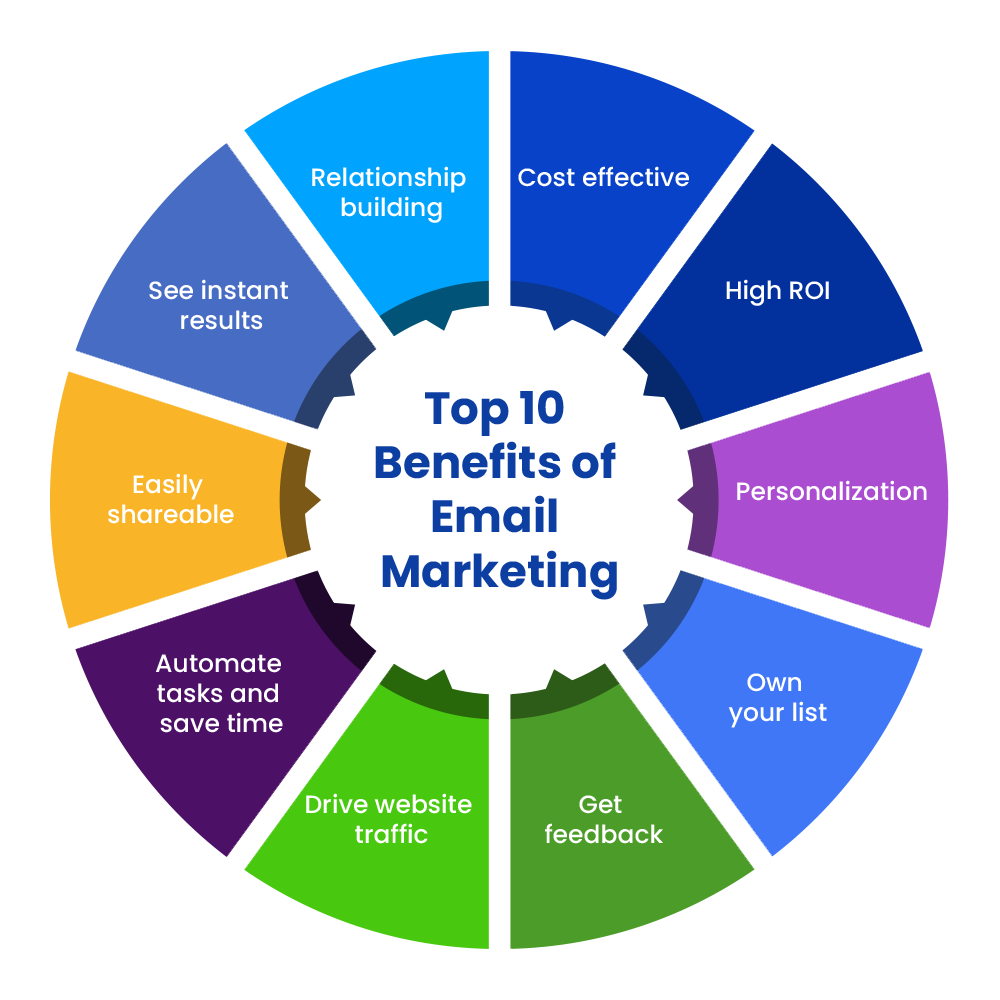
-
Opt-in Subscriptions: By offering valuable content or incentives, businesses can entice website visitors to subscribe to their email list. These opt-in subscribers have already expressed interest in the brand, making them highly qualified leads.
-
Lead Nurturing: Email Marketing allows businesses to nurture leads through targeted content tailored to their specific needs and interests. By providing valuable information, addressing pain points, and showcasing product benefits, businesses can move leads through the sales funnel towards conversion.
-
Segmentation and Personalization: Segmentation enables businesses to divide their email list into smaller, more targeted groups based on demographics, behaviors, or purchase history. Personalized emails that resonate with recipients are more likely to capture their attention and drive action, ultimately leading to lead generation.
-
Call-to-Action (CTA): Effective Email Marketing campaigns include clear and compelling CTAs that prompt recipients to take the desired action, whether it's signing up for a webinar, downloading an ebook, or making a purchase. Well-designed CTAs can significantly increase conversion rates and generate leads.
-
Lead Scoring and Qualification: By tracking recipient engagement and behavior, businesses can implement lead scoring systems to identify and prioritize high-quality leads. This ensures that sales teams focus their efforts on prospects who are most likely to convert, maximizing efficiency and effectiveness.
In conclusion, Email Marketing remains a powerful and indispensable tool for businesses seeking to engage, nurture, and convert leads effectively. With its cost-effectiveness, targeting capabilities, and measurable results, Email Marketing continues to deliver impressive ROI for businesses across industries. By harnessing the power of Email Marketing, businesses can unlock a treasure trove of opportunities for lead generation and long-term success in the digital landscape.
 How to Turn Your Photos into Ghibli-Style Art with ChatGPT for Free
How to Turn Your Photos into Ghibli-Style Art with ChatGPT for Free Top 10 AI Tools for Plagiarism-Free Content Writing: Boost Your SEO & Digital Marketing Efforts
Top 10 AI Tools for Plagiarism-Free Content Writing: Boost Your SEO & Digital Marketing Efforts The Rise of Graphic Designing in 2025: A Career Guide.
The Rise of Graphic Designing in 2025: A Career Guide. The Rise of Video Editing: A Crucial Skill in 2025
The Rise of Video Editing: A Crucial Skill in 2025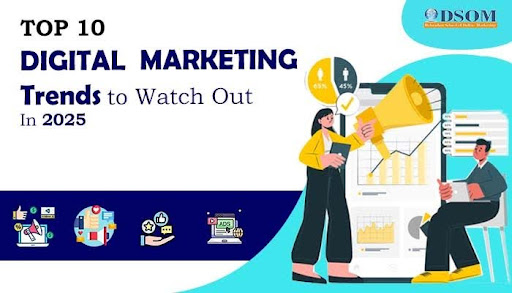 Top 10 Digital Marketing trends in 2025
Top 10 Digital Marketing trends in 2025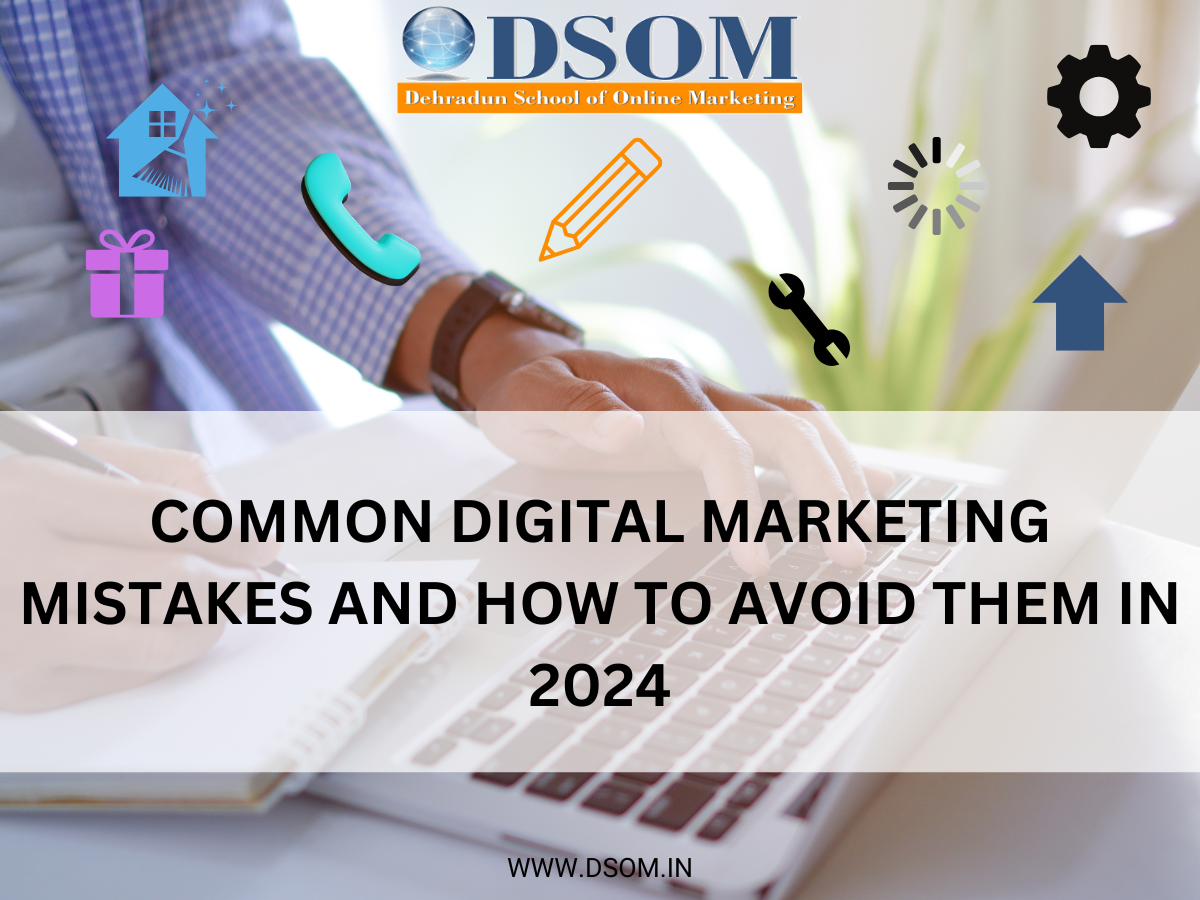 Common Mistakes in Digital Marketing and How to Avoid Them 2025
Common Mistakes in Digital Marketing and How to Avoid Them 2025 The Future of Digital Advertising: What You Need to Know
The Future of Digital Advertising: What You Need to Know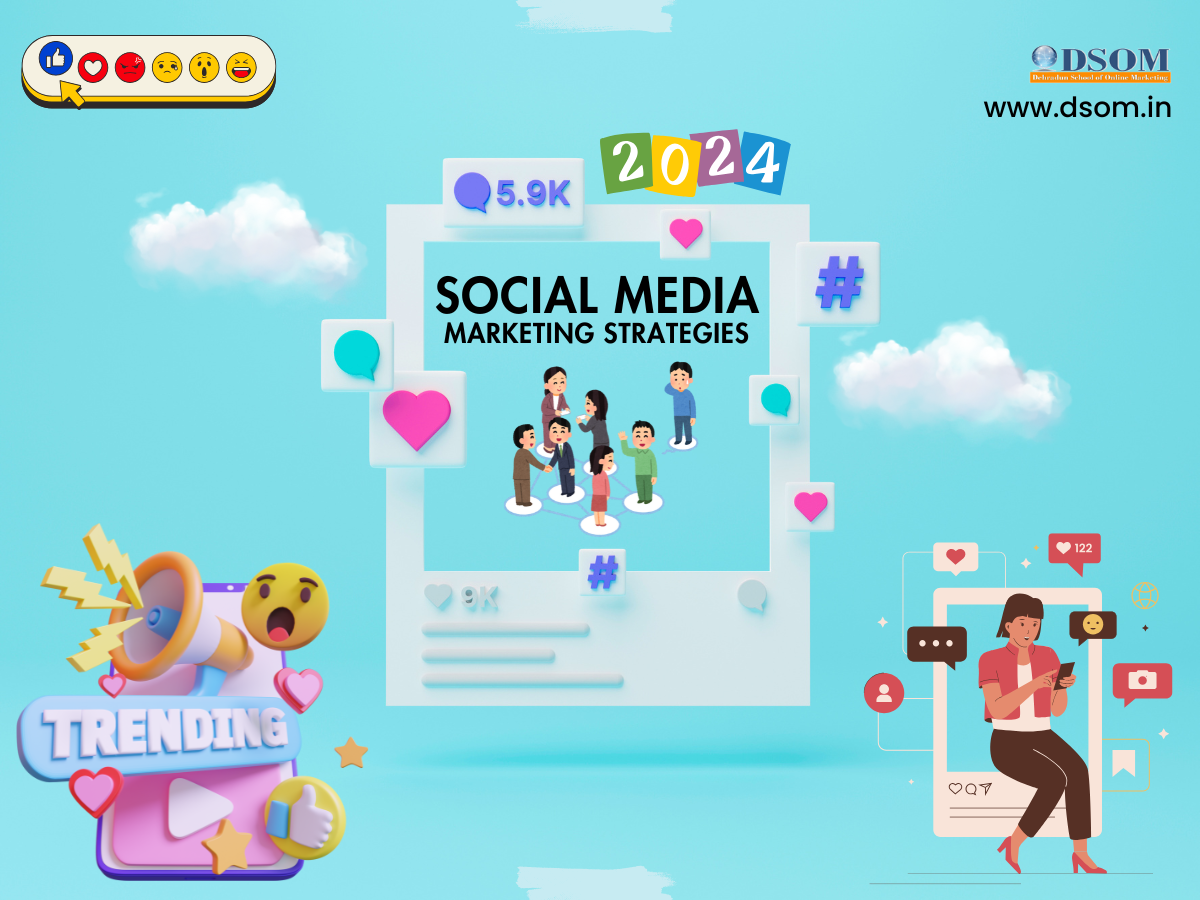 Social Media Marketing in 2024: Strategies for Maximum Engagement
Social Media Marketing in 2024: Strategies for Maximum Engagement Building a Successful Digital Marketing Funnel: A Step-by-Step Guide
Building a Successful Digital Marketing Funnel: A Step-by-Step Guide 5 ways to make money from home using AI (Artificial-Intelligence) in 2024
5 ways to make money from home using AI (Artificial-Intelligence) in 2024